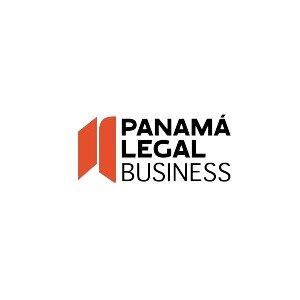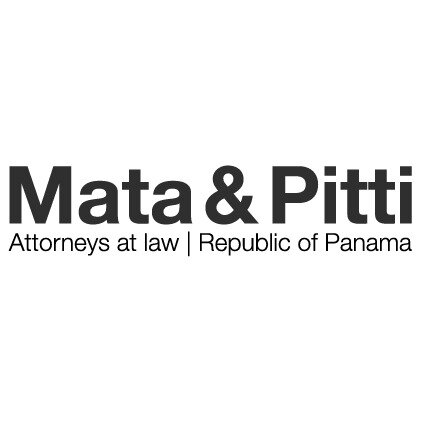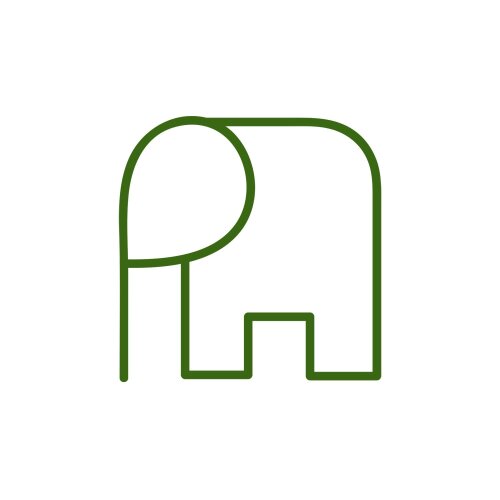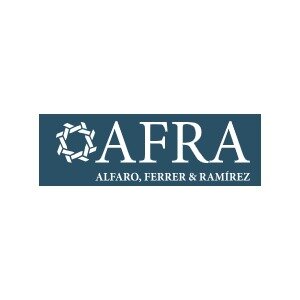Best Aviation Lawyers in Panama
Share your needs with us, get contacted by law firms.
Free. Takes 2 min.
Or refine your search by selecting a city:
List of the best lawyers in Panama
About Aviation Law in Panama
Aviation law in Panama is a dynamic field that encompasses the regulations and legal issues surrounding the operation, ownership, and use of aircraft. Due to Panama's significant geographical position connecting North and South America, and hosting the Panama Canal, it serves as a vital hub for aviation. The country's legal framework for aviation is primarily influenced by international standards, as established by organizations such as the International Civil Aviation Organization (ICAO). Panama's aviation sector is regulated by the Civil Aviation Authority of Panama (AAC), ensuring compliance with both national and international aviation laws.
Why You May Need a Lawyer
There are several scenarios where you might need legal assistance in the field of aviation in Panama. Some common situations include:
- Acquiring or leasing aircraft, where legal guidance is essential to navigate contracts and compliance requirements.
- Dealing with disputes related to air transport services or airport operations.
- Regulatory compliance issues involving aircraft certification, environmental standards, and safety regulations.
- Aviation accident investigations where legal expertise is needed to understand liability and claim processes.
- Employment-related matters for airline staff and crew members.
Local Laws Overview
The legal framework governing aviation in Panama includes various statutes and regulations that align with international guidelines. Key aspects include:
- Civil Aviation Authority (AAC): Responsible for enforcing aviation laws and ensuring compliance with safety and security standards.
- Aircraft Registration: All aircraft in Panama must be registered with the AAC, meeting specific technical and safety criteria.
- Operational Regulations: These cover everything from airworthiness standards to pilot licensing and environmental impact assessments.
- Liability and Insurance: Regulations require aircraft operators to maintain adequate insurance to cover liability for accidents and incidents.
Frequently Asked Questions
What is the process for registering an aircraft in Panama?
The registration process requires submitting documentation to the AAC, including proof of ownership, compliance with safety standards, and payment of any applicable fees.
How are disputes involving airlines typically resolved?
Most disputes are settled through negotiation or arbitration. However, complex cases may require litigation in Panama's civil courts.
Do I need a special license to operate a drone in Panama?
Yes, operating drones, especially for commercial use, requires a license from the AAC, ensuring compliance with safety and airspace regulations.
What are Panama's safety standards for airlines?
Panama adheres to international safety standards set by the ICAO, focusing on aircraft maintenance, crew training, and operational procedures.
Are there environmental regulations affecting aviation in Panama?
Yes, there are regulations focusing on emissions and noise control, aligning with global efforts to minimize aviation's environmental impact.
How can I address employment disputes in the aviation sector?
Disputes can be handled internally through company policies or escalated to the labor courts if necessary, with legal representation advised.
What insurance is required for aircraft operation in Panama?
Operators must maintain liability insurance to cover potential damages or injuries resulting from aircraft operations.
Are there specific laws for foreign airlines operating in Panama?
Foreign airlines must comply with Panama's regulations regarding safety, operations, and taxation, often governed by bilateral agreements.
How does Panama handle aviation accidents?
The AAC conducts thorough investigations with a focus on determining cause and preventing future incidents, with potential legal implications for liability and compensation.
Can I seek legal action for flight delays or cancellations?
Claims for compensation can be pursued if delays or cancellations violate contract terms or regulatory standards, often requiring legal assistance.
Additional Resources
For more information and support, consider reaching out to the following resources:
- Civil Aviation Authority of Panama (AAC): The primary agency for aviation regulation.
- International Civil Aviation Organization (ICAO): Offers guidance on international aviation standards.
- Law Firms Specialized in Aviation: Seek those with expertise in local and international aviation law.
Next Steps
If you require legal assistance in the field of aviation in Panama, the following steps are recommended:
- Consult with a specialized aviation lawyer to discuss your specific situation and legal needs.
- Gather all relevant documents and information related to your case or inquiry.
- Understand your rights and obligations under Panamanian and international aviation laws.
- Engage with professional or governmental bodies as advised by your legal counsel.
Taking informed and timely action is crucial for effectively navigating the legal landscape of aviation in Panama.
Lawzana helps you find the best lawyers and law firms in Panama through a curated and pre-screened list of qualified legal professionals. Our platform offers rankings and detailed profiles of attorneys and law firms, allowing you to compare based on practice areas, including Aviation, experience, and client feedback.
Each profile includes a description of the firm's areas of practice, client reviews, team members and partners, year of establishment, spoken languages, office locations, contact information, social media presence, and any published articles or resources. Most firms on our platform speak English and are experienced in both local and international legal matters.
Get a quote from top-rated law firms in Panama — quickly, securely, and without unnecessary hassle.
Disclaimer:
The information provided on this page is for general informational purposes only and does not constitute legal advice. While we strive to ensure the accuracy and relevance of the content, legal information may change over time, and interpretations of the law can vary. You should always consult with a qualified legal professional for advice specific to your situation.
We disclaim all liability for actions taken or not taken based on the content of this page. If you believe any information is incorrect or outdated, please contact us, and we will review and update it where appropriate.
Browse aviation law firms by city in Panama
Refine your search by selecting a city.
















